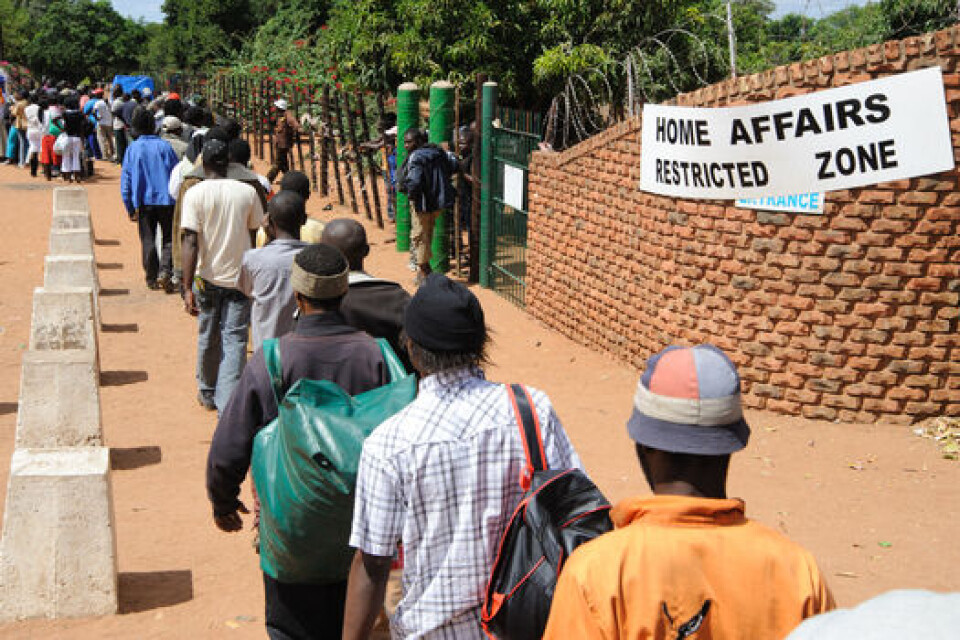About 178 000 Zimbabwean nationals are living on the edge in South Africa. Over the past 13 years, they had been granted Zimbabwean Exemption Permits – or variations thereof – which allowed them to live, study and work legally in South Africa.
Now, the Minister of Home Affairs has declared that the ZEPs will no longer apply beyond the end of this year. He has put them on terms: Either apply for another visa or residency permit, or leave.
The Helen Suzman Foundation (HSF) has launched court action to have this decision set aside. It says the decision was “hasty, untransparent and ill-considered”. It did not take into consideration the dire situation which still exists in Zimbabwe or the fact that many permit-holders have jobs, are now married, and have minor children, many born in South Africa.
It also did not take into account that many permit holders do not qualify for other visas and, even if they did, the backlogs and inefficiencies at the Department of Home Affairs meant it was unlikely they would be processed before D-Day.
The Minister has not yet filed opposing papers.
In the UK, the Secretary for State for the Home Department (SSHD) has been ordered to reconsider its flat refusal to grant asylum to two Afghan judges who live in fear of reprisal from the Taliban.
High Court of Justice Judge Beverley Lang remarked that it was not in dispute that the two were at risk of serious harm, or even death, since the Taliban took control of Afghanistan in August 2021. She noted that there were “comparator judges” who had been allowed into the UK, apparently because they had local contacts who had lobbied for them.
In quashing the decision to refuse them access under the Leave Outside the Rules (LOTR) system, Judge Lang said it would now be up to the SSHD to determine how their applications should be dealt with.
A few days later, the European Court of Human Rights granted an urgent interim interdict against the UK government in a matter in which an Iraqi national was fighting his “relocation” to Rwanda, as part of the government’s plan to deport all non-complying asylum seekers to the African country. Asylum seekers from Africa were also among the group due to be sent to Rwanda.
Several of those affected had approached local courts to stop their deportation, but with no success. The European court intervened, ordering the British courts to take a final decision on the legality of the deportation policy, noting that Rwanda was not bound by the European Convention on Human Rights and those deported could risk “treatment contrary to its provisions”.
Earlier this year in Kenya, two men from the Democratic Republic of Congo, convicted of being in the country illegally and sentenced to jail, following which they would be deported, were handed a judicial lifeline when Judge Joseph Kamau set aside their conviction and sentence.
He ordered the Department of Refugee Affairs to immediately process their applications as asylum seekers. Judge Kamau said although they had been trying to obtain asylum, they had not been dealt with under the Refugee Act but under the Immigation Act, as “illegal immigrants”.
To join Africa Legal's mailing list please click here

